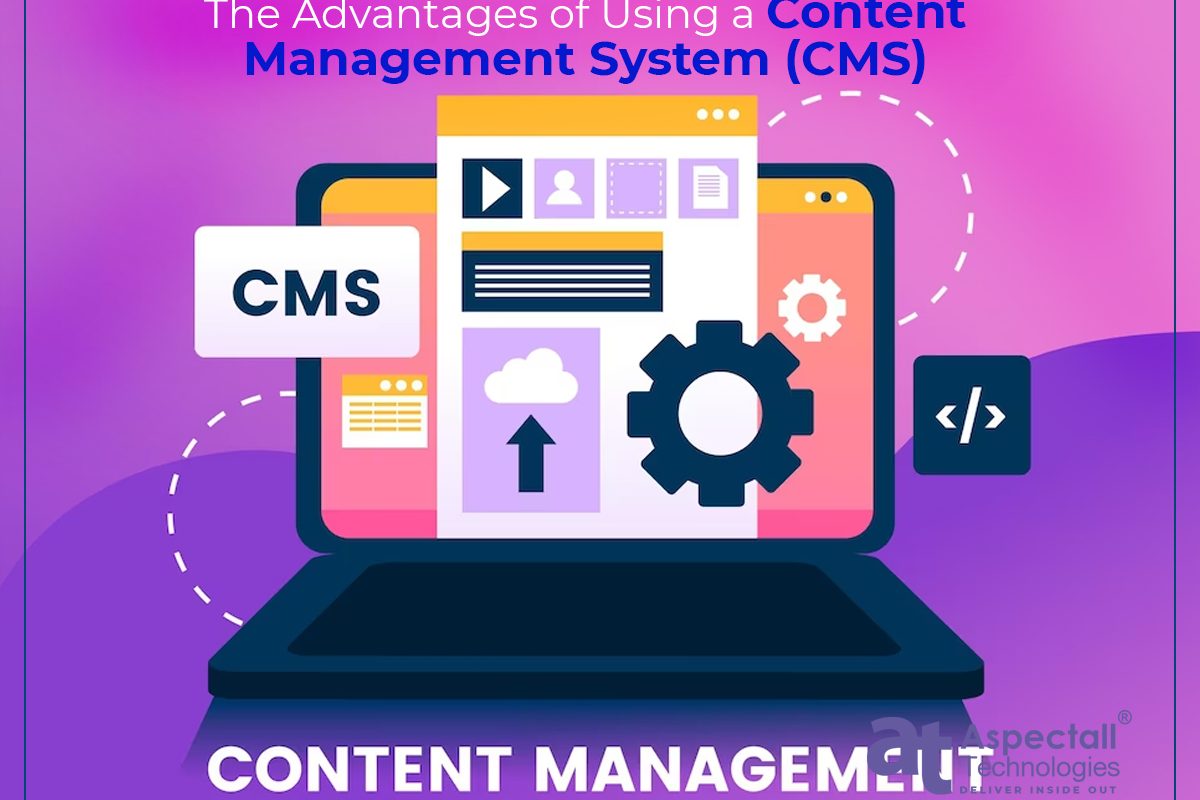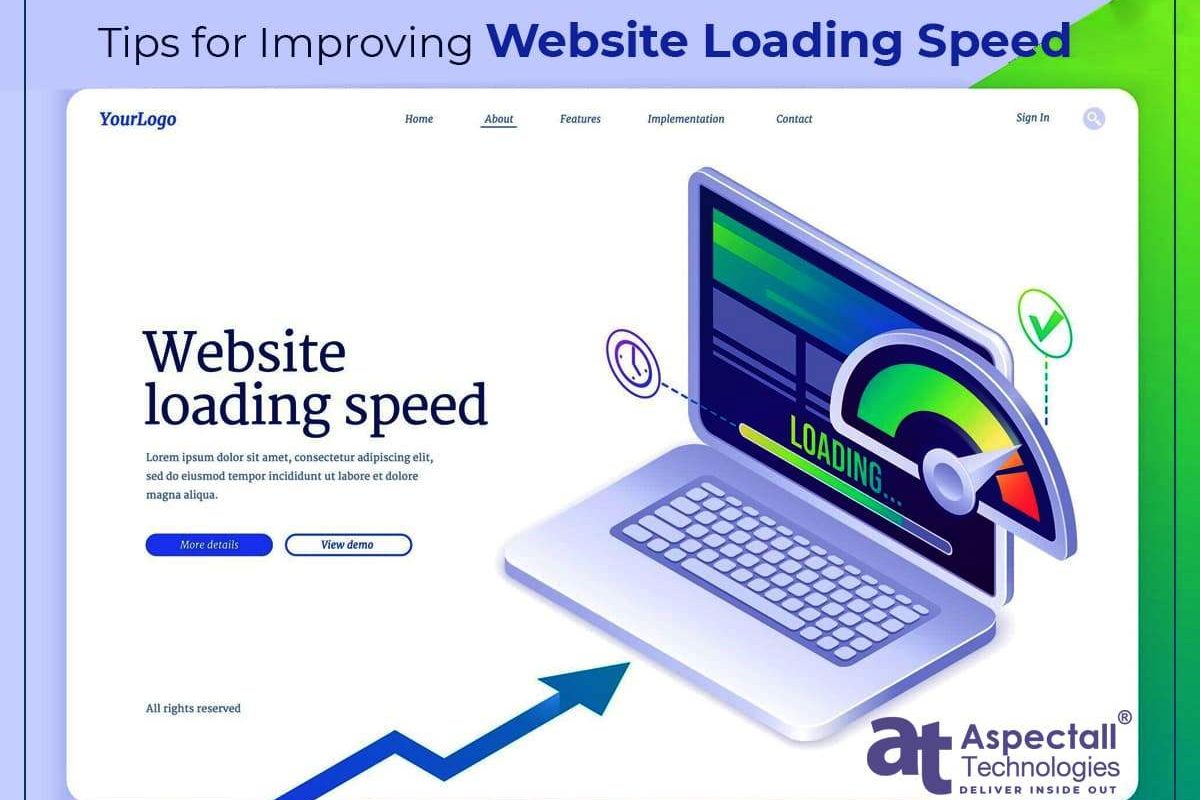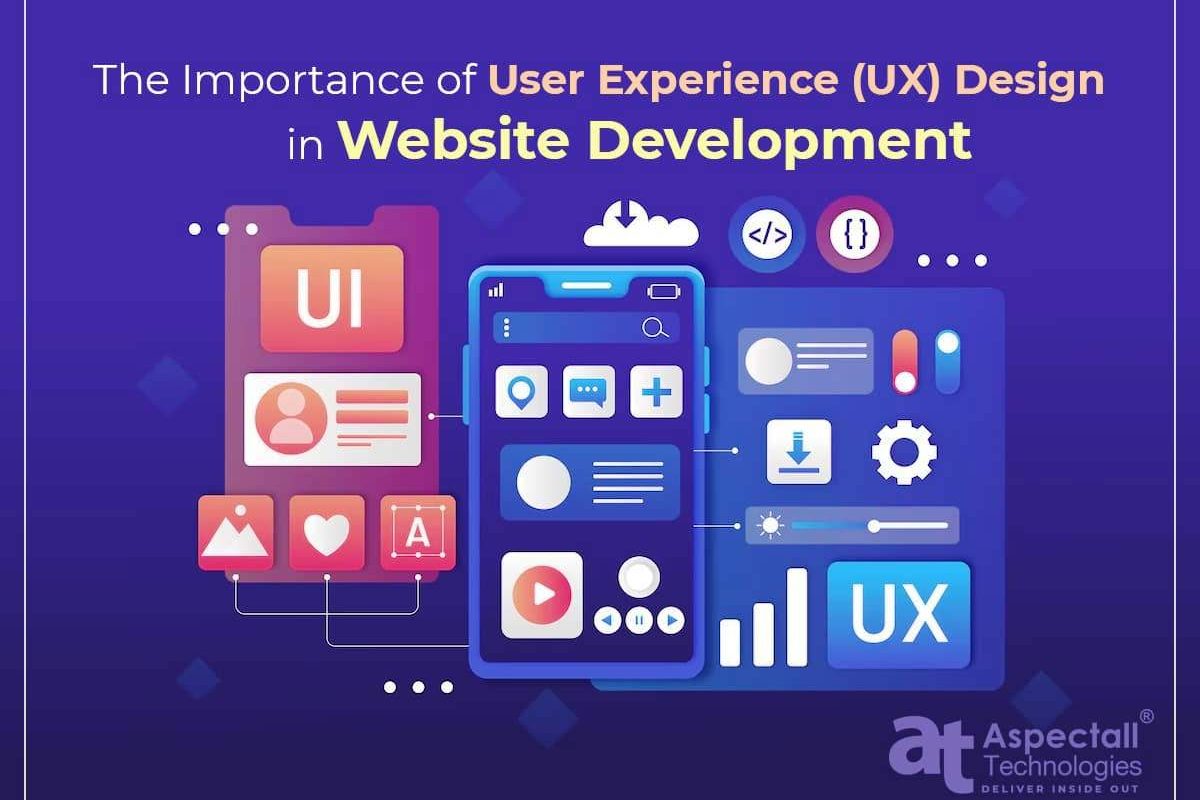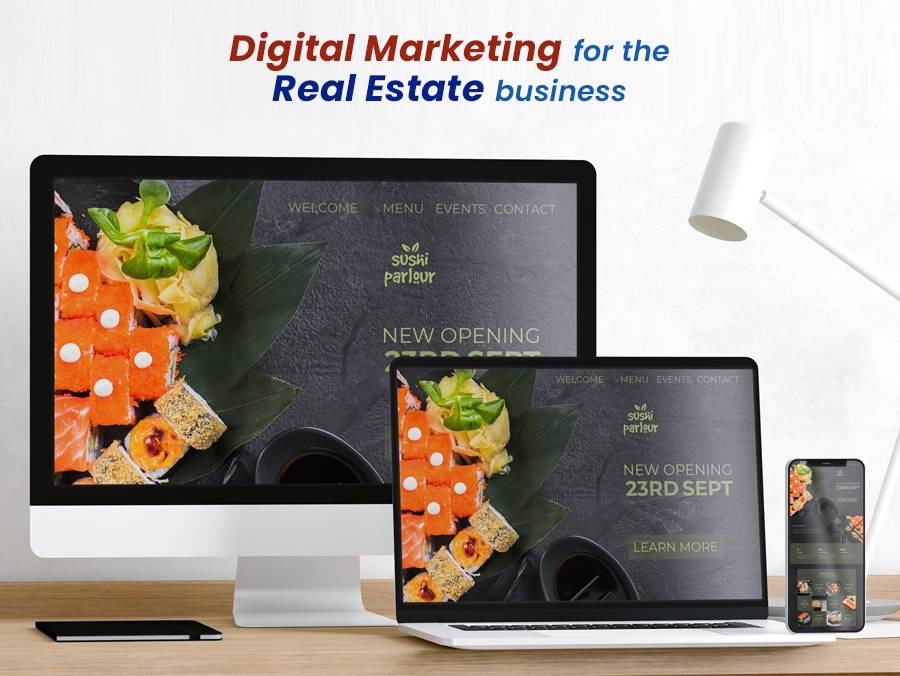Tips for Improving Website Loading Speeds
Why website loading speed is important?
Website loading speed is crucial for various reasons:- User Experience: Users are likely to get impatient and quit a website if it takes too long to load. A poor user experience caused by a slow website may reduce traffic, engagement, and conversion rates.
- Search Engine Optimization (SEO): Google and other search engines give priority to websites that load quickly because site quality is a key factor in getting a high ranking on search engine results. In search engine results, slow websites are less likely to perform well, which can have a negative effect on traffic and visibility.
- Mobile optimization: Having a fast-loading, mobile-friendly website is essential because now the majority of web traffic is coming from mobile devices. Slow mobile websites not only provide users with a bad experience, but they also affect their ranks in search engines.
- Conversion Rates: Users are more likely to engage with and make purchases on a website that loads quickly, which can increase conversion rates. On the other hand, a slow website can drive away visitors or frustrate them, which will lower conversions and sales.
Tips for improving website loading speeds
Here are some tips for improving website loading speeds: Image optimization: Image optimization is essential as large images can cause a website to load much more slowly. Make sure to optimize images by compressing them while maintaining their quality.- Reduce HTTP requests: HTTP requests are made for each resource on your website, including images, scripts, and stylesheets. Consolidate CSS and JavaScript files, use sprites, and eliminate unused resources to reduce the number of HTTP requests.
- Reduce server response time: The amount of time it takes the server to react to a request might affect how quickly your website loads. Utilize a content delivery network (CDN), caching, and fewer database queries to improve server response time.
- Use a content delivery network (CDN): By distributing content among several servers, a CDN helps to improve the loading speed of websites. As a result, the loading times will be faster due to the reduced distance between the user and the server.
- Use a cache plugin: Caching can help improve website loading speeds by storing frequently accessed data and serving it to users quickly. To improve website performance and reduce server load, use a caching plugin.
- Minimize JavaScript and CSS files: Large JavaScript and CSS files should be kept to a minimum size because they can slow down a website’s loading time. Reduce those files by removing the unnecessary extra code and whitespace.
- Optimize Web fonts: Web fonts should be optimized because they can also affect website loading speeds. Optimize the web fonts with appropriate font weights and styles and limit the number of fonts used.
Conclusion
Overall, website loading speed is a critical factor that helps to provide a positive user experience, optimize for search engines, and increase conversion rates. However, you can increase your website loading times by optimizing images, reducing HTTP requests, decreasing server response time, caching, minimizing CSS and JavaScript files, and optimizing web fonts. By giving priority to your website’s loading speed, you may boost user interaction, improve search engine exposure, and increase the website conversion rate, which helps boost your business growth.The Importance of User Experience (UX) Design in Web Development
The process of building and managing websites on the Internet is known as Web Development. Web design, web content development, client-side scripting, server-side scripting, and network security settings are among the tasks that are involved. To build websites that are useful, interactive, and aesthetically pleasing to users, web developers use a variety of programming languages, including HTML, CSS, JavaScript, PHP, and many others. Additionally, they make sure that websites are user-friendly and SEO-friendly. In general, web development is important in the digital world because it enables individuals and companies to establish an online presence and connect with a wider audience.
The Importance of User Experience (UX) Design in Web development of website or web application
User Experience (UX) Design is vital for web development since it intends to give users a satisfying experience while accessing a website or web application. The success of a website or web application may be impacted by the way visitors perceive and interact with it. This can be changed significantly by a well-designed user interface.Here are a few reasons why UX design is crucial in website creation:
- Enhances Usability:The goal of UX design is to create intuitive, user-friendly interfaces that make it easier for visitors to explore a website or web application. Users will be more likely to stay on a website longer and have a better experience if the UX design of a website or web application is improved.
- Increases User Satisfaction: By providing a good user experience, users are more likely to be satisfied with the website or web application of a business and may be more likely to visit it repeatedly or suggest it to others.
- Improves Brand Reputation: A well-designed user experience website or web application can improve a brand’s reputation by establishing a positive impression in the user’s mind. This may help in setting a brand apart from competitors and establishing brand awareness.
- Increased Conversion Rates: If your website or web applications have a feature-rich user interface, users are more likely to perform a desired action (such as visiting your website or applications frequently, making a purchase, filling out a form, etc.). So a seamless user interface helps increase conversion rates and grows your business.
- Reduce Development Costs: UX design can help minimize development costs by identifying probable issues early in the design process and fixing them.
Conclusion:
Overall user experience (UX) design is a vital component of web development that shouldn’t be ignored. It focuses on designing user-friendly, intuitive user interfaces that give users a satisfying experience while engaging with a website or web application. A superb user experience can boost brand perception, boost user satisfaction, raise conversion rates, and reduce development costs. UX design should therefore be regarded as an essential component of every web development project in order to ensure that the final outcome offers an effective and successful user experience.Importance of Responsive website for online businesses: in-depth analysis
What is Responsive website for online businesses?
A responsive website is a type of website design that adjusts its layout and content to fit the screen size and resolution of the device being used to access it. This ensures that the website is optimised for viewing on multiple devices, including desktops, laptops, tablets, and smartphones, providing a consistent and user-friendly experience for visitors. This is especially important for online businesses, as more and more consumers are using mobile devices to browse the web and make purchases online. A responsive website can lead to increased engagement, lower bounce rates, and improved conversions, helping to drive the success of the business.Why is a responsive website so important for online businesses?
Responsive websites are important for online businesses because they provide a better user experience for visitors accessing the site from different devices such as desktops, laptops, tablets, and smartphones. A responsive website automatically adjusts its layout and content to fit the screen size and resolution of the device being used, making it easier to read, navigate, and interact with the site. This can lead to increased engagement, lower bounce rates, and improved conversions for the business. Additionally, search engines favor mobile-friendly websites, so a responsive site can also have a positive impact on search engine optimization (SEO) and improve a business’s visibility online.How do I build a responsive website?
To build a responsive website, the following steps can be followed:Start with a flexible layout:
Use a grid-based design and CSS media queries to create a flexible layout that can adapt to different screen sizes and resolutions.Use flexible images and media:
Ensure that images and other media elements scale proportionally to the size of the viewport to prevent them from becoming too small or large on different devices.Design for touch:
Make sure that the site is optimised for touch input and can be easily navigated on mobile devices using fingers.Optimize for speed:
reduce the size of images and other media and use lazy loading to ensure that the site loads quickly on all devices.Test on different devices:
Use different devices and screen sizes to test the site and ensure that it is working correctly and providing a good user experience on all devices.Use responsive frameworks:
Utilize responsive frameworks such as Bootstrap or Foundation to make the development process easier and more efficient.
Who can help with making a responsive website?
There are several professional services and individuals, who can help with making a responsive website, including:-
Web design companies:
Companies specialising in web design and development can help you create a custom, responsive website that meets your specific needs and requirements. -
Freelance web designers:
Independent web designers and developers who work on a project basis can also help you build a responsive website. -
Website builders:
Tools like Wix, Squarespace, and WordPress allow you to create a responsive website with pre-made templates without the need for coding knowledge. -
In-house web development team:
If you have an in-house web development team, they can help you build a responsive website as well.





